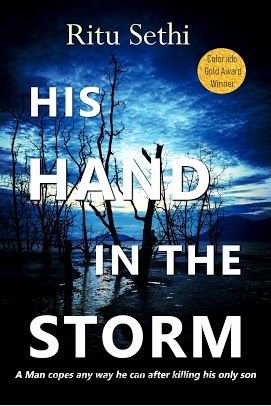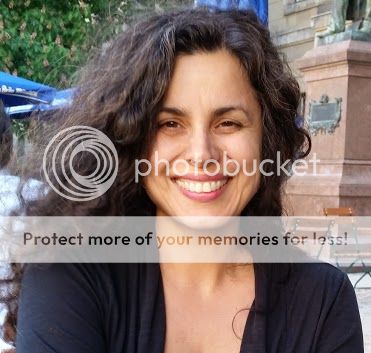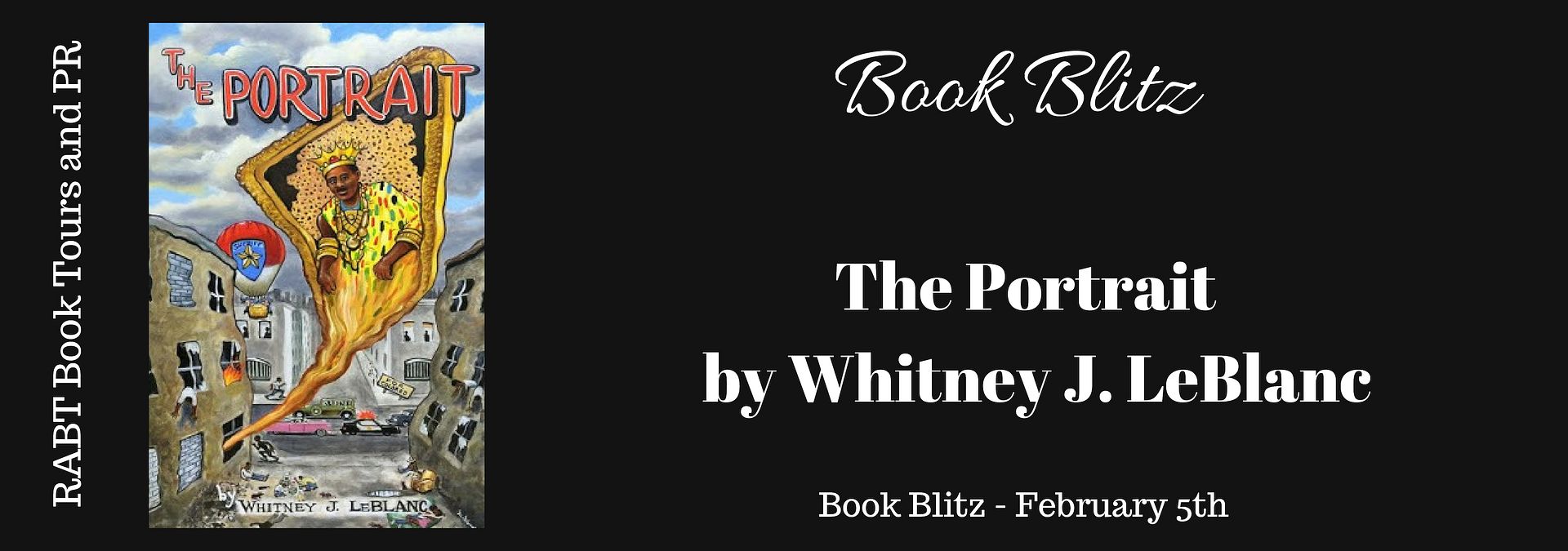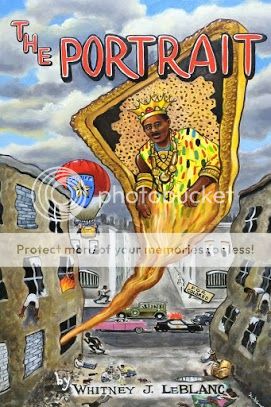
Chandler Hill Inn Series, Book 1
Date Published:February 13, 2019
Publisher: Wild Quail Publishing
In 1970, Violet Hawkins’ only wish at eighteen is to escape her life in the Dayton, Ohio, foster-care system and make her way to the west coast to enjoy a mellow life and find the love she’s been missing all her life. She makes it to San Francisco, but soon learns she needs a job if she’s to live properly. A kind, young man named Kenton Chandler offers her a sandwich and a job at his father’s inn and vineyards. With nothing to lose, Lettie takes him up on his offer and begins a whole new life in the Willamette Valley, Oregon. She immediately falls in love with the land and is fascinated with the idea of growing grapes in order to make wines. She, Kenton, and Rafe Lopez become friends as she learns about running the small inn on the property.
At the same time she marries Kenton, a stroke kills his father. And then before she can tell Kenton she’s pregnant, he dies in an automobile accident. Heartbroken and burdened with the gift of the Chandler Hill Inn and Winery, she’s left with the task of making them a success. Struggling to raise a child alone while working to grow the business, Lettie makes a shocking discovery that changes everything.
CHAPTER ONE
Some people’s lives unfold in the most unusual ways.
In 1970, the only things Violet Hawkins wanted for her eighteenth birthday were to escape the Dayton, Ohio, foster-care system in which she’d been raised and to make her way to San Francisco. There, she hoped to enjoy a mellow lifestyle and find the love that had always been absent in her life.
Though she made it to San Francisco easily enough, she soon discovered she couldn’t afford a clean, safe place in which to settle down. At first, it hadn’t seemed to matter. Caught up in the excitement and freedom of living in a large city where free love and openness to so many things reigned, she almost forgot about eating and sleeping. One couch, one futon was as good as any other as long as grass or other drugs were available, and others didn’t mind giving her a place to sleep. But after spending four months there, the dollars she’d carefully saved, which had seemed so many in Dayton, were nothing but a mere pittance in a city where decent living was too expensive for her. She took to wandering the streets with her backpack until she came upon a friendly group willing to give her a sleeping space inside or a bite to eat.
One June day, feeling discouraged, she’d just sunk down onto the steps outside a row house when a young man emerged.
He smiled down at her. “Tired?”
She was more than tired. She was exhausted and hungry. “Looking for work. I need to eat.”
He gave her a long, steady, blue-eyed look. “What’s your name?”
“Violet Hawkins. But call me Lettie.”
His eyebrows shot up. “With all that red hair, no flowery name for you?”
She shook her head. She’d always hated both her hair and her name. The red in her hair was a faded color, almost pink, and the name Violet indicated a delicate flower. She’d never had the luxury of being the least bit frail.
He sat down beside her and studied her. “You don’t look like the hippie type. What are you doing in a place like this?”
“On my eighteenth birthday, I left Dayton, Ohio, to come here. It sounded like a great plan—all this freedom.”
“How long have you been here?”
“Four months. I thought it would be different. I don’t know … easier, maybe.”
He got to his feet. “How about I fix you a sandwich, and then I’ll tell you about a job, if you want it. It’s at a vineyard in Oregon. I’m heading there later today.”
Her glance slid over his well-built body, rugged facial features, and clean, shoulder-length, light-brown hair. He didn’t fit into the usual crowd she’d been with, which made her cautious. “Who are you? And why would you do this for me?”
“Kenton Chandler.” His lips curved into the same warm smile he’d given her earlier. “I’m heading to Oregon, and, frankly, I could use the company. Keeps me from falling asleep.”
“Yeah? And what is this vineyard?”
He shrugged. “A couple of years ago, my dad bought a small inn with 75 acres in the Willamette Valley south of Portland. He’s planted most of the land with grapes. He doesn’t know that much about making wine and wants me to learn. That’s why I’m in San Francisco. I’ve been working at a vineyard in Napa Valley just north of here, learning the ropes.” He grinned. “Or maybe I should say, learning the vines.”
“What kind of sandwich?” she asked, warming toward him and his wacky humor. Her stomach rumbled loud enough for them both to hear it.
“How does ham and Swiss sound?” he said, giving her a knowing look.
“Okay.” Lettie didn’t want him to think she couldn’t manage on her own. That was dangerous. She’d learned it the hard way, fighting off a guy who thought he could have her just because he gave her a puff of weed. She’d been careful ever since to stay away from situations and guys like that.
“Well?” He waved her toward the door.
Lettie checked to see if others were within hearing range if she needed them. Plenty of people were hanging around nearby. Thinking it was safe, Lettie climbed the stairs behind Kenton. He didn’t know about the knife tucked into one of the pockets of her jeans.
Inside, she found the same kind of contrast between this clean house and others she’d been in. It wasn’t sparkling clean, but it was tidier than most.
He led her into the kitchen. “Sit down. It’ll only take me a minute to make your sandwich.” He handed her a glass of water. “Mustard? Mayo?”
“Both,” she replied primly, sitting down at a small pine table in the eating area of the room.
She sat quietly, becoming uncomfortable with the idea that he was waiting on her. She wasn’t used to such a gesture. She was usually the one waiting on others both in her foster home and at the church where she’d spent hours each week attending services and events with her foster family. Thinking of them now, a shiver raced across her shoulders like a frightened centipede. It had been her experience that supposedly outstanding members of a church weren’t always kind to those they’d taken into foster care primarily for the money.
“Ready!” said Kenton, jarring her out of thoughts of the past. He placed a plate with the sandwich in front of her and took a seat opposite her.
She lifted the sandwich to her face and inhaled the aroma of the ham. Keeping her eyes on Kenton, she bit into the bread, savoring the taste of fresh food.
He beamed at her with satisfaction when she quickly took another bite.
“Who lives here? Lettie asked.
“A friend of mine,” said Kenton. His gaze remained on her. “You don’t look eighteen.”
She swallowed, and her breath puffed out with dismay. “But I am.”
“And you’re not into drugs and all the free-love stuff everyone talks about?”
Lettie shook her head. “Not really. I tried weed a couple of times, but it wasn’t for me.” Her strict upbringing had had a greater influence on her than she’d thought.
“Good. Like I said, if you want to ride to Oregon with me, there’s a job waiting for you at the Chandler Hill Inn. We’re looking for help. It would be a lot better than walking the streets of Haight-Ashbury. Safer too.”
She narrowed her eyes at him. “And if I don’t like it?”
He shrugged. “You can leave. One of the staff recently left for L.A. That’s why my father called me to ask if I knew anyone who could come and work there. You’re my only choice.”
Lettie’s heart pounded with hope. Acting as nonchalant as she could, she said, “Sounds like something I’d like to try.”
###
The ride to Oregon was mostly quiet as an easy camaraderie continued between them. Kenton answered any questions she had about him, the inn, and the way he thought about things. Lettie was surprised to learn he hadn’t joined in a lot of the anti-war protests.
“My best friend died in ’Nam. He believed in serving our country. I want to honor him,” he said to Lettie.
“A boy in my high school was drafted. His parents weren’t happy about it.”
“Well, if I’m drafted, I’m going,” Kenton said. “I don’t want to, but I will. I don’t really have a choice.”
As they talked, they agreed that John Wayne was great in the movie True Grit.
“And I love the Beatles,” said Lettie.
“Yeah, me too. Too bad they just broke up.”
“And what about the new group, The Jackson 5?” Lettie said.
“They’re great. And I like Simon and Garfunkel and their music too.”
At one point, Lettie turned to Kenton. “Sometimes you seem so serious, like an old man. How old are you, anyway?”
He gave her a sheepish look. “Twenty-two.”
They shared a laugh, and in that moment, Lettie knew she’d found a person with whom she could be herself.
###
Lettie woke to someone shaking her shoulder. She stared into the blue-gray eyes of a stranger and stiffened.
“Lettie, we’re here,” said a male voice.
As she came fully awake, she realized Kenton was talking to her.
“Here at Chandler Hill?” she asked, rubbing the sleep from her eyes.
She looked out through the windshield of the Ford Pinto and gaped at the huge, white-clapboard house sitting on the top of a knoll like a queen overlooking her realm.
Lettie scrambled out of the car and stood gazing at the clean lines of the two-story building. Across the front, four windows offset by green shutters were lined up with identical windows below. Beneath a small, protective, curved roof, glass panels bracketed a wide front door, welcoming guests. To one side, a two-story wing had been added to the house.
Green, leafy bushes offset by an assortment of colorful flowers she didn’t recognize softened the front of the building. As she walked closer, she realized between the main house and the addition a small, stone patio and private garden had been installed.
“Come on in,” said Kenton. “There’s a beautiful view from the back porch.”
Feeling as if she were Alice in a different kind of Wonderland, Lettie entered the house. As she tiptoed behind Kenton, her gaze darted from the polished surfaces of furniture to gilt-edged mirrors to a massive floral bouquet sitting on a large dining-room table. It all seemed so grand.
Kenton led her to a wide porch lining the back of the house. Observing the rolling land before her and, in the distance, the hills crouching in deepening colors of green, Lettie’s breath caught. The sun was rising, spreading a gold topping on the hills like icing on cake.
“Nice, huh?”
Lettie smiled and answered, “I’ve never seen anything so beautiful, so peaceful.”
At the sound of footsteps behind her, she whirled around.
A tall, gray-haired man with striking features similar to Kenton’s said, “Welcome home, son.”
They shook hands, and then the older gentleman turned to her. “And who is this?”
Shy, she stared at the man who seemed so familiar to her.
Kenton nudged Lettie.
Minding her manners, Lettie held out her hand as she’d been taught. “Lettie Hawkins. I’ve come for a job.” A niggling feeling kept her eyes on him longer than necessary. When she could no longer stop herself, she blurted, “Aren’t you Rex Chandler, the movie star?”
He smiled. “Yes, I am. But I’ve changed professions.”
Lettie held back a chuckle of delight. A friend’s mother had privately adored him.
“Why don’t the two of you come into the kitchen,” said Rex. “Mrs. Morley will want to talk to Lettie, and I need to talk to you, Kenton.”
As Lettie followed the men into the kitchen, a woman hurried toward them, crying, “Kenton! Kenton! You’re home at last!”
Laughing, Kenton allowed the woman to hug him. “You’d think I’ve been gone a year, Mrs. Morley.”
“You almost were,” she said, smiling and pinching his cheek. “And look at you! More handsome than ever.”
Looking as if he couldn’t wait for her to focus her attention elsewhere, Kenton said, “Mrs. Morley, I’d like you to meet Lettie Hawkins. She’s here for a job.”
Mrs. Morley’s gaze settled on Lettie. “So, you like to work?”
“She likes to eat,” said Kenton, bringing a smile to Mrs. Morley’s full face.
“By the looks of it, Lettie, you could use more food,” said Mrs. Morley. “Let’s you and I talk about what kind of jobs you could do around here. I’m short-handed at the moment.”
Kenton and Rex left the kitchen.
Mrs. Morley waved Lettie over to a desk in a small alcove in the kitchen. After lowering her considerable bulk into a chair, Mrs. Morley faced her. Her green eyes exuded kindness as she studied Lettie. Her gray-streaked brown hair was pulled back from her face and banded together in a ponytail, giving Lettie a good look at her pleasing features.
“Have a seat, dear.”
Lettie sat in the chair indicated for her and clutched her hands. After seeing the small inn and the beautiful countryside, she desperately wanted the job.
“Where are you from, Lettie? And why in the world do you want to work here in the country? I’d think a pretty, young girl like you would want to be in a city having fun.”
Lettie paused, unsure how to answer her. She’d thought she’d like living in the city, being free to do whatever she wanted. But after four months of doing just that, the excitement had worn off. She liked to know where she was going to sleep at night and when she’d next eat.
“Maybe I’m just a country girl at heart,” she answered lamely. Her two best friends at home would scoff at her, but right now, that’s how she felt.
“Well, that’s what you’ll be if you stay on. A lot of activity is taking place around here, what with people buying up turkey farms and the like, turning them into vineyards, but it is country. I hope it always will be.” She leaned forward. “Know anything about cooking? Cleaning?”
“Yes,” said Lettie. “I used to do both in my foster home. I was the oldest of eight kids there.”
“Eight? My land, that’s a lot of kids to take in,” said Mrs. Morley.
“It’s a lot of money,” Lettie said, unable to hide her disgust. “That’s why they did it.”
“I see,” said Mrs. Morley, studying her. “So how long have you been on your own?”
“Four months,” she replied. “I was in San Francisco when I met Kenton.”
“Such a good, young man. I’ve known him for a while now,” Mrs. Morley sighed with affection. “You’re lucky he found you. Why don’t we start in housekeeping, see how it goes, and then maybe you can give me a hand in the kitchen.”
“Okay,” Lettie said, jumping to her feet. “Where should I put my things? I need to get them from the car.”
Mrs. Morley gave her an approving look. “I like your eagerness. Let me show you to your room and then I’ll give you a tour.”
The north half of the front of the house consisted of a large, paneled dining room she’d seen earlier. The long mahogany table that sat in the middle of the room held seats for twelve. A summer flower arrangement consisted of pink roses and pink hydrangeas interspersed with white daisies and sat in a cut-glass vase in the middle of the table. Along one wall, above a service counter, an open cupboard made of dark wood stored coffee mugs, extra wine goblets, and water glasses. A coffee maker and a burner holding a pot of hot water sat on the marble counter. A bowl of sugar, a pitcher of cream, and a dish of lemon slices were displayed nearby. At the other end of the counter, a large plate of homemade, chocolate-chip cookies invited guests to take one.
“How many guests do you usually have?” Lettie asked.
“We have six guest rooms, so we have as many as twelve people for the breakfast we serve. During the day, people come and go on their own, tasting wine at nearby vineyards or sightseeing. We offer a simple dinner to those not wishing to travel to restaurants at night.” A look of pride crossed Mrs. Morley’s face. “Sometimes my husband, Pat, grills out, or Rita Lopez cooks up Mexican food. Guests like these homestyle meals. In fact, we’re becoming known for them.”
Lettie’s mouth watered. It all sounded so good.
Mrs. Morley led her to a sideboard, opened its drawers, and gave her a smile. “Let’s see how well you polish silver.”
Later, after being shown how, Lettie was working on the silverware when Kenton walked into the kitchen.
“Well? Are you going to stay?” he asked.
“Yes,” Lettie said with determination. The whole time she’d been cleaning the silver she’d been able to gaze at the rolling hills outside. This, she’d decided, is where she wanted to be. It felt so right.
About the Author

Judith Keim was born and raised in Elmira, New York, and now makes her home in Idaho with her husband and their two dachshunds, Winston and Wally, and other members of her family.
Growing up, books were always present being read, ready to go back to the library, or about to be discovered. Information from the books was shared in general conversation, giving all of us in the family wealth of knowledge and a lot of imagination. Perhaps that is why I was drawn to the idea of writing stories early on. I particularly love to write novels about women who face unexpected challenges and meet them with strength.
A hybrid author who both has a publisher and who self-publishes, Ms. Keim writes heart-warming stories of strong women who face challenges and find love and happiness along the way. Her books are based, in part, on many of the places she’s lived or visited and on the interesting people she’s met, creating believable characters and realistic settings her many, loyal readers love.





















